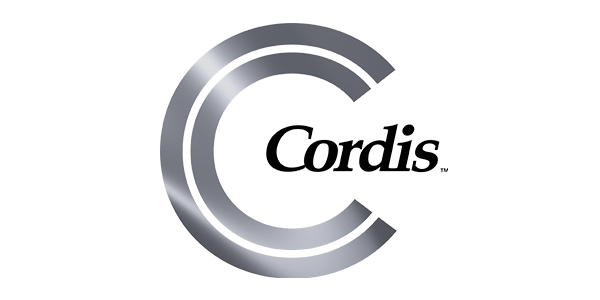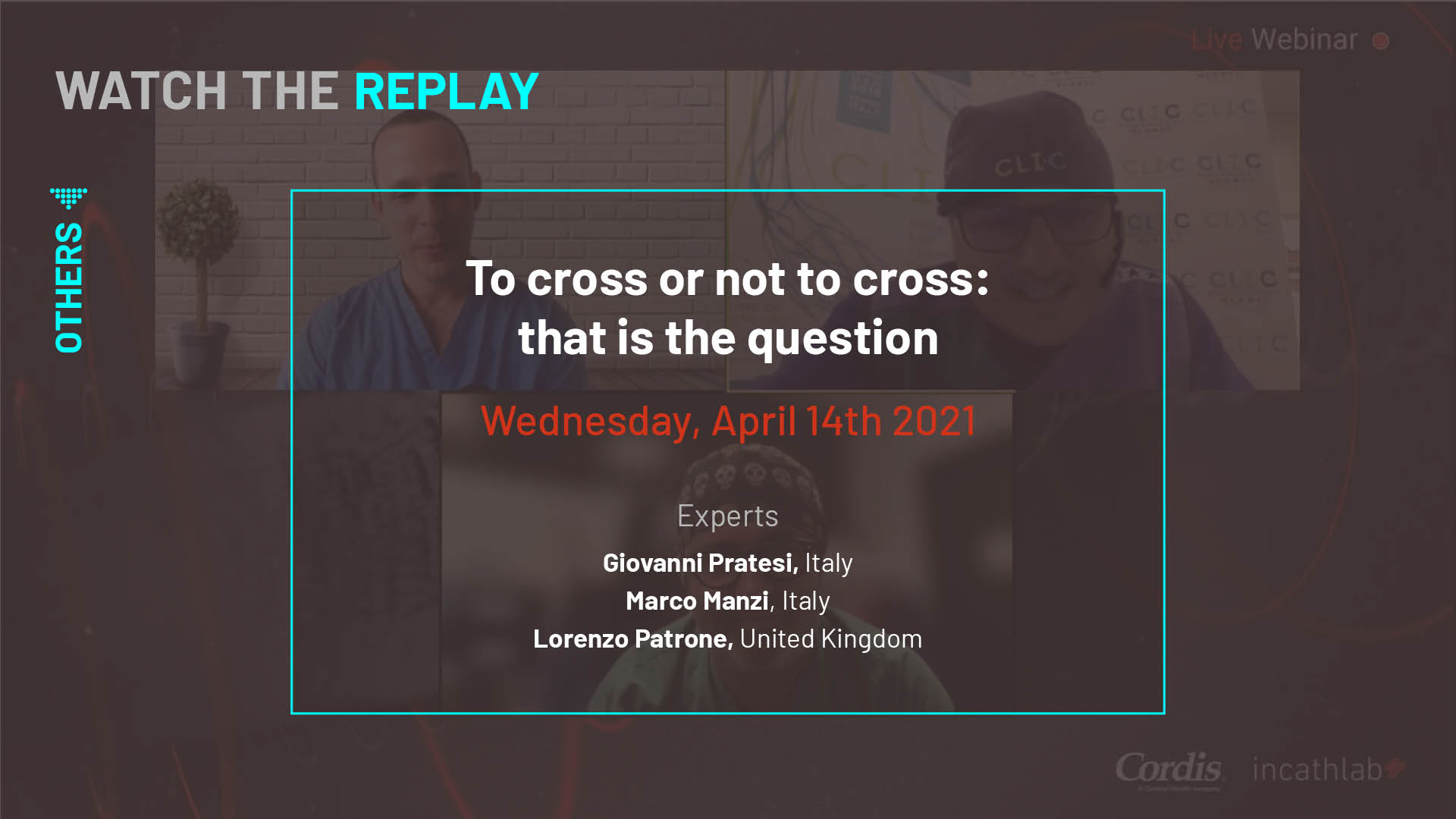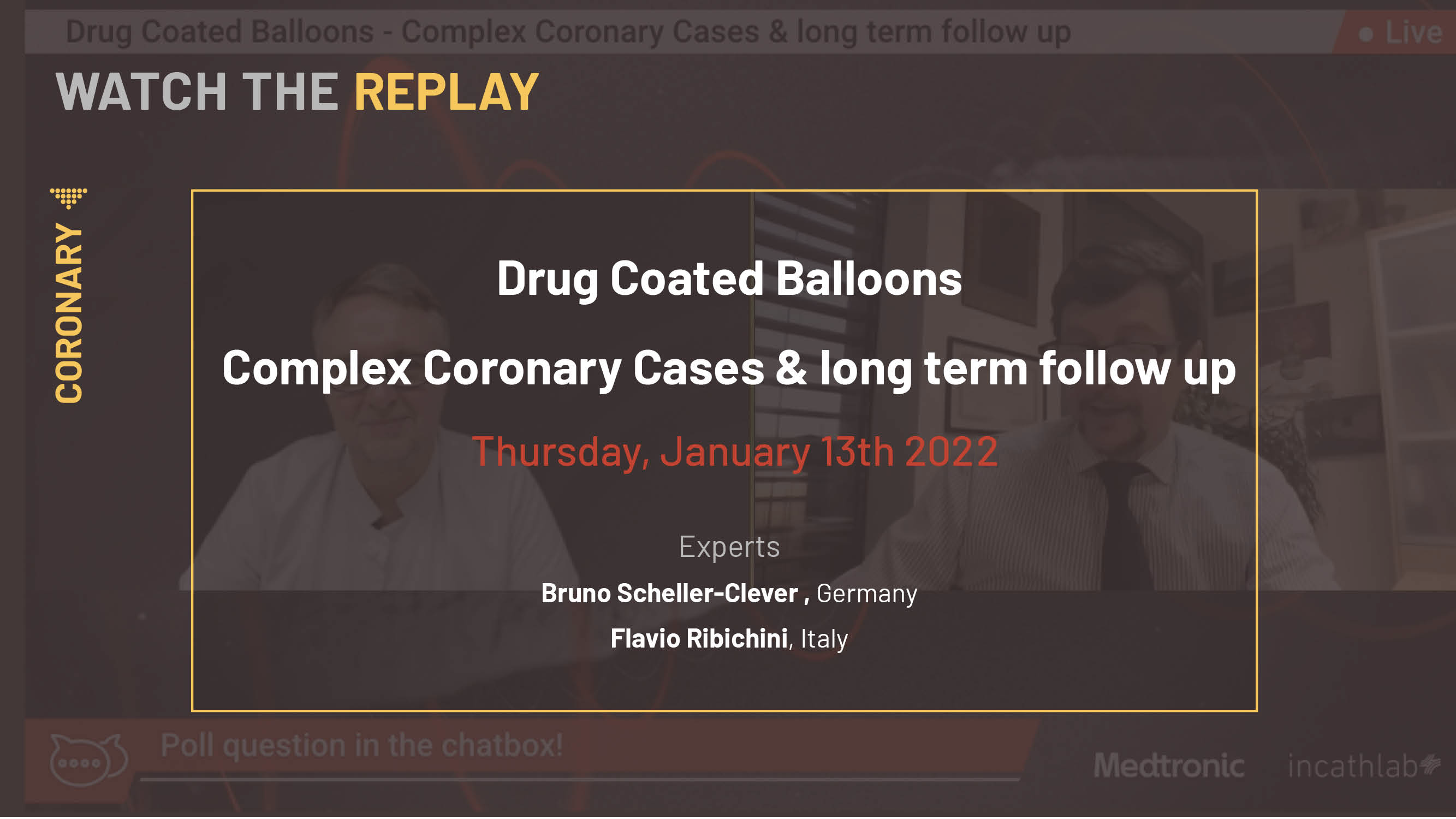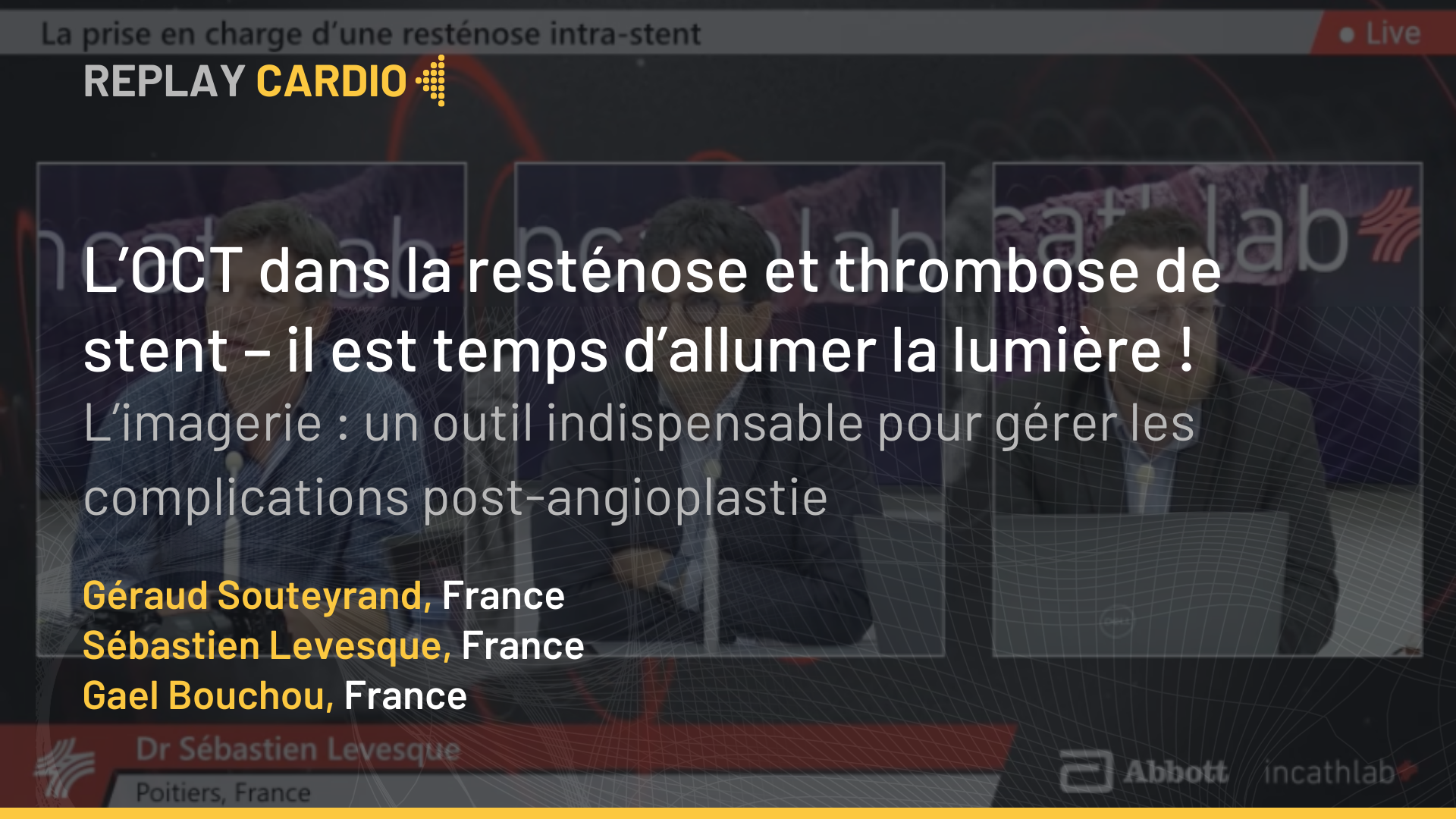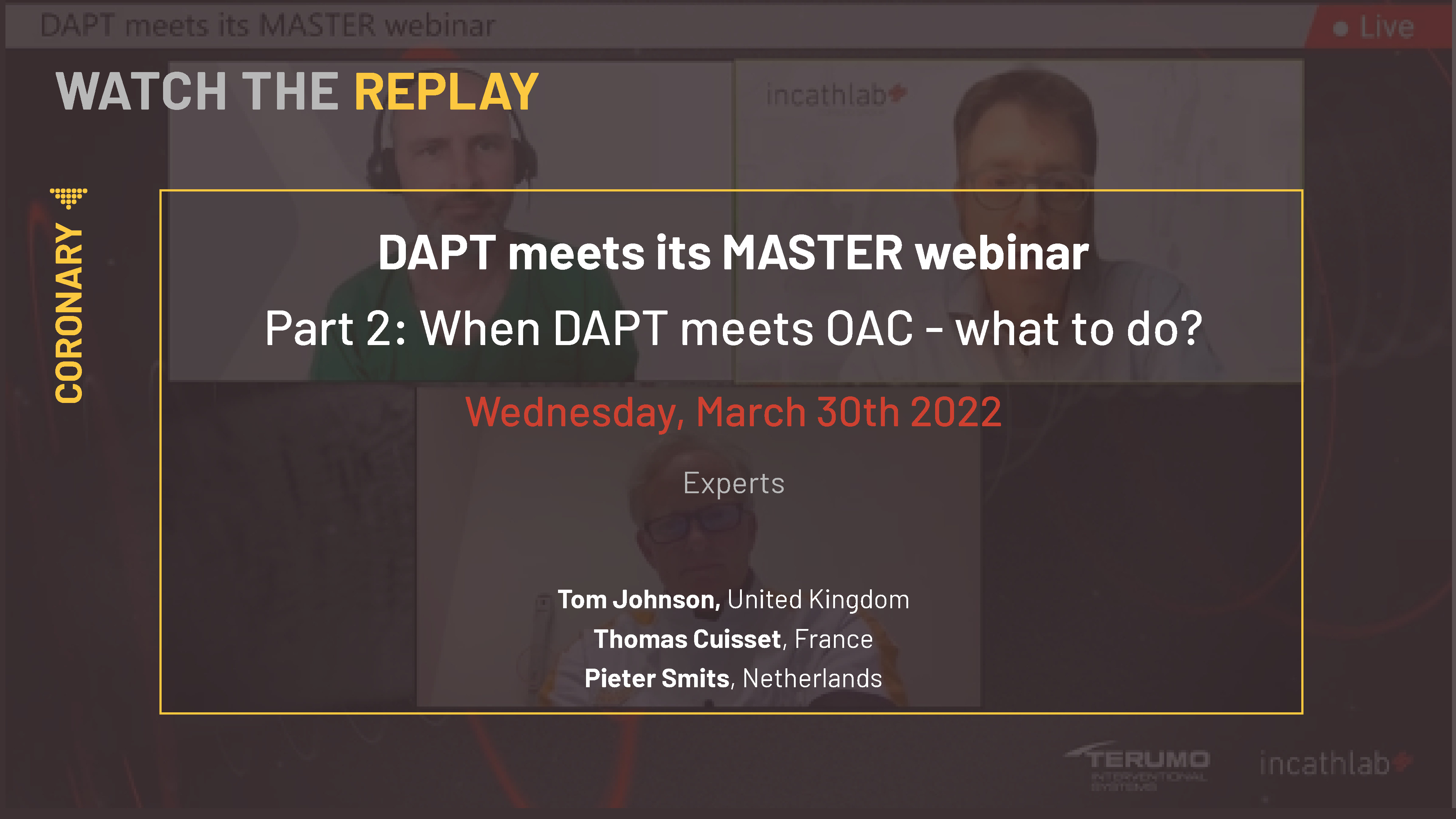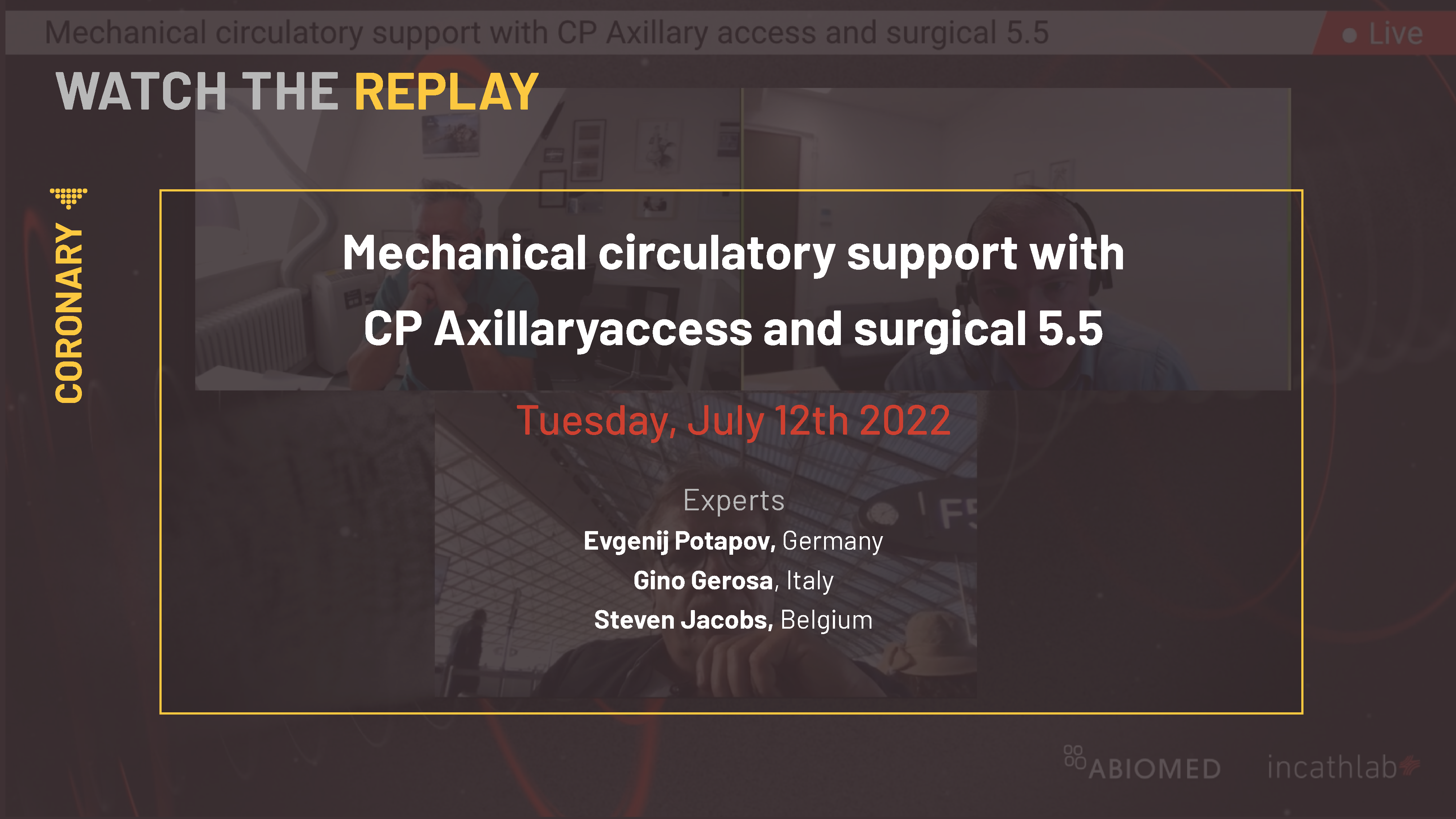Sehr geehrte Damen und Herren,
liebe Kollegen und Kolleginnen,
die steigende Zahl von Untersuchungen in kardiologischen Funktionseinheiten und deren zunehmende Komplexität stellt kardiologische Einrichtungen vor große Herausforderungen. Entsprechend ausgebildetes Personal wird benötigt, um die immer komplexer werdende Versorgung kardiologischer Patienten zu gewährleisten. Das Webinar richtet sich an Mitarbeitende aus den invasiven Funktionsbereichen der Kardiologie.
Kerstin Glücklich
Head of Clinical Education and Training
Cardinal Health Germany 507 GmbH
Johannes Laub
Krankenpfleger, Elisabeth-Krankenhaus Essen
Programm
| 17:00 |
Begrüßung
|
| 17:05 |
Covid-19 und kardiovaskuläre Erkrankungen:
Wie schützt man sich im Herzkatheterlabor?
Dr Alexander Wolf, Hr Laub
|
| 17:50 |
Neues aus dem HKL:
Auswahl des Zugangsweges und Management vaskulärer Komplikationen. Dr Thomas Schmitz |
| 18:20 |
Fälle aus dem Herzkatheterlabor, wir diskutieren mit Ihnen!
Dr Wolf, Dr Schmitz, Hr Laub |
| 19:00 |
Ende
|
Dieses Webinar wird im Auftrag von Cardinal Health in Zusammenarbeit mit Incathlab ausgestrahlt
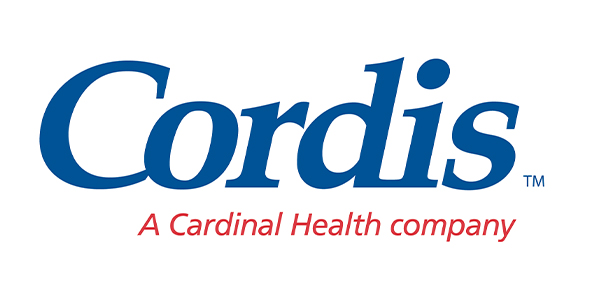
For Healthcare Professionals Only. CORDIS and Cordis LOGO are trademarks of Cardinal Health and may be registered in the US and/or in other countries.
© 2020 Cardinal Health. All Rights Reserved. EU 100558939 04/2020
Dernière mise à jour : 28/02/2022
Suggestions
San Francisco : Jeudi 13 janvier 2022 de 07h à 08h (GMT+1)
New York : Jeudi 13 janvier 2022 de 10h à 11h (GMT+1)
Buenos Aires : Jeudi 13 janvier 2022 de 12h à 13h (GMT+1)
London / Dublin : Jeudi 13 janvier 2022 de 15h à 16h (GMT+1)
Paris / Berlin : Jeudi 13 janvier 2022 de 16h à 17h (GMT+1)
Istanbul : Jeudi 13 janvier 2022 de 17h à 18h (GMT+1)
Moscou / Dubaï : Jeudi 13 janvier 2022 de 19h à 20h (GMT+1)
Bangkok : Jeudi 13 janvier 2022 de 22h à 23h (GMT+1)
Shanghai : Jeudi 13 janvier 2022 de 23h à 00h (GMT+1)
Tokyo : Vendredi 14 janvier 2022 de 00h à 01h (GMT+1)
Sydney : Vendredi 14 janvier 2022 de 01h à 02h (GMT+1)
Wellington : Vendredi 14 janvier 2022 de 03h à 04h (GMT+1)
Drug Coated Balloons - Complex Coronary Cases & long term follow up
San Francisco : Lundi 10 juin 2024 de 08h à 09h (GMT+2)
New York : Lundi 10 juin 2024 de 11h à 12h (GMT+2)
Buenos Aires : Lundi 10 juin 2024 de 12h à 13h (GMT+2)
Reykjavik : Lundi 10 juin 2024 de 15h à 16h (GMT+2)
London / Dublin : Lundi 10 juin 2024 de 16h à 17h (GMT+2)
Paris / Berlin : Lundi 10 juin 2024 de 17h à 18h (GMT+2)
Istanbul : Lundi 10 juin 2024 de 18h à 19h (GMT+2)
Moscou / Dubaï : Lundi 10 juin 2024 de 19h à 20h (GMT+2)
Bangkok : Lundi 10 juin 2024 de 22h à 23h (GMT+2)
Shanghai : Lundi 10 juin 2024 de 23h à 00h (GMT+2)
Tokyo : Mardi 11 juin 2024 de 00h à 01h (GMT+2)
Sydney : Mardi 11 juin 2024 de 02h à 03h (GMT+2)
Wellington : Mardi 11 juin 2024 de 04h à 05h (GMT+2)
L’OCT dans la resténose et thrombose de stent – il est temps d’allumer la lumière !
L’imagerie : un outil indispensable pour gérer les complications post-angioplastie
Everything you wanted to know about Recross without having to ask
Alex & The Young Generation - Ep.12
San Francisco : Mercredi 30 mars 2022 de 09h à 10h (GMT+2)
New York : Mercredi 30 mars 2022 de 12h à 13h (GMT+2)
Buenos Aires : Mercredi 30 mars 2022 de 13h à 14h (GMT+2)
Reykjavik : Mercredi 30 mars 2022 de 16h à 17h (GMT+2)
London / Dublin : Mercredi 30 mars 2022 de 17h à 18h (GMT+2)
Paris / Berlin : Mercredi 30 mars 2022 de 18h à 19h (GMT+2)
Istanbul : Mercredi 30 mars 2022 de 19h à 20h (GMT+2)
Moscou / Dubaï : Mercredi 30 mars 2022 de 20h à 21h (GMT+2)
Bangkok : Mercredi 30 mars 2022 de 23h à 00h (GMT+2)
Shanghai : Jeudi 31 mars 2022 de 00h à 01h (GMT+2)
Tokyo : Jeudi 31 mars 2022 de 01h à 02h (GMT+2)
Sydney : Jeudi 31 mars 2022 de 03h à 04h (GMT+2)
Wellington : Jeudi 31 mars 2022 de 05h à 06h (GMT+2)
DAPT meets its MASTER webinar
Part 2: When DAPT meets OAC - what to do?
San Francisco : Mardi 12 juillet 2022 de 09h à 10h30 (GMT+2)
New York : Mardi 12 juillet 2022 de 12h à 13h30 (GMT+2)
Buenos Aires : Mardi 12 juillet 2022 de 13h à 14h30 (GMT+2)
Reykjavik : Mardi 12 juillet 2022 de 16h à 17h30 (GMT+2)
London / Dublin : Mardi 12 juillet 2022 de 17h à 18h30 (GMT+2)
Paris / Berlin : Mardi 12 juillet 2022 de 18h à 19h30 (GMT+2)
Istanbul : Mardi 12 juillet 2022 de 19h à 20h30 (GMT+2)
Moscou / Dubaï : Mardi 12 juillet 2022 de 20h à 21h30 (GMT+2)
Bangkok : Mardi 12 juillet 2022 de 23h à 00h30 (GMT+2)
Shanghai : Mercredi 13 juillet 2022 de 00h à 01h30 (GMT+2)
Tokyo : Mercredi 13 juillet 2022 de 01h à 02h30 (GMT+2)
Sydney : Mercredi 13 juillet 2022 de 03h à 04h30 (GMT+2)
Wellington : Mercredi 13 juillet 2022 de 05h à 06h30 (GMT+2)
Mechanical circulatory support with CP Axillary access and surgical 5.5
Impella Case Club
San Francisco : Lundi 30 octobre 2023 de 07h à 08h (GMT+1)
New York : Lundi 30 octobre 2023 de 10h à 11h (GMT+1)
Buenos Aires : Lundi 30 octobre 2023 de 12h à 13h (GMT+1)
London / Dublin : Lundi 30 octobre 2023 de 15h à 16h (GMT+1)
Paris / Berlin : Lundi 30 octobre 2023 de 16h à 17h (GMT+1)
Istanbul : Lundi 30 octobre 2023 de 17h à 18h (GMT+1)
Moscou / Dubaï : Lundi 30 octobre 2023 de 19h à 20h (GMT+1)
Bangkok : Lundi 30 octobre 2023 de 22h à 23h (GMT+1)
Shanghai : Lundi 30 octobre 2023 de 23h à 00h (GMT+1)
Tokyo : Mardi 31 octobre 2023 de 00h à 01h (GMT+1)
Sydney : Mardi 31 octobre 2023 de 01h à 02h (GMT+1)
Wellington : Mardi 31 octobre 2023 de 03h à 04h (GMT+1)
